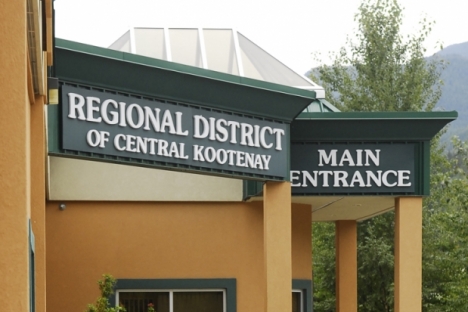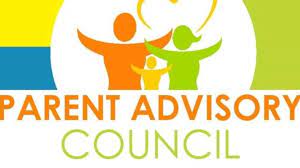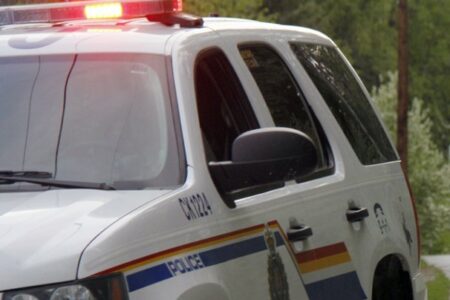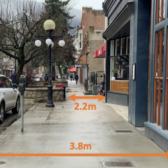Mosquito Control Feasibility Study underway for a portion of Electoral Area H
The Regional District of Central Kootenay (RDCK) has embarked on a Mosquito Control Feasibility Study for a portion of Area H to help determine if a mosquito control program would be effective. The area being studied includes the area north of Vallican up to the southern boundary of the Village of Slocan.
“Certain activities can help control the mosquito population in some areas, and help lower the risk of mosquito-spread illnesses like West Nile virus—not to mention the nuisance caused by mosquitoes,” said Walter Popoff, Director of Electoral Area H. “Based on what we heard from the community, we know there is interest in mosquito control activities but there are also concerns about these activities.”
In August 2017, the RDCK received a petition from residents in Area H requesting a mosquito control program. A counter-petition was also submitted from residents in a wider area. These petitions helped to initiate the study process and define the study area.
Earlier this year, as part of the study, a Mosquito Control Service Area Assessment report was prepared by the consultant, which included a GIS analysis and a field study. Thirty-two potential sites for mosquito control activities were identified. The RDCK contacted owners of properties in the area to ask if they would be open to mosquito control activities on their property, and if they would allow access to or through their property for mosquito monitoring and control. Out of the 32 property owners contacted, 19 responded, and 14 of those were amenable to the program and providing access.
A public meeting to share information on a potential mosquito control program and to answer questions from community members will be held on Thursday, April 26 at 7:00pm at the Winlaw Hall, 5897 Highway 6. A referendum for mosquito control program implementation is planned for fall 2018.
“According to the consultant, a control program in the area is feasible and would result in a significant reduction in annual mosquito annoyance,” said Uli Wolf, General Manager of Environmental Services. “Whether or not a mosquito control program is implemented will depend on the outcome of the referendum.”
The cost of a potential mosquito control program for the study area was estimated at $74,400 per year, which would be funded by property taxation at $0.396 per $1,000 of assessment. For a residential assessment of $350,000, a property owner could expect to pay $138.60 for the service.
A number of factors were considered when determining potential program costs including: maximum height of water during mosquito season, river discharge dynamics, timing and amount of rainfall, and ambient temperature and solar intensity. All sites with potential mosquito production can be easily accessed and can be effectively monitored and treated by ground crews. At some times, the area may require aerial treatment.
A referendum on mosquito control activities was held in Area H 15 years ago, which was defeated.


























